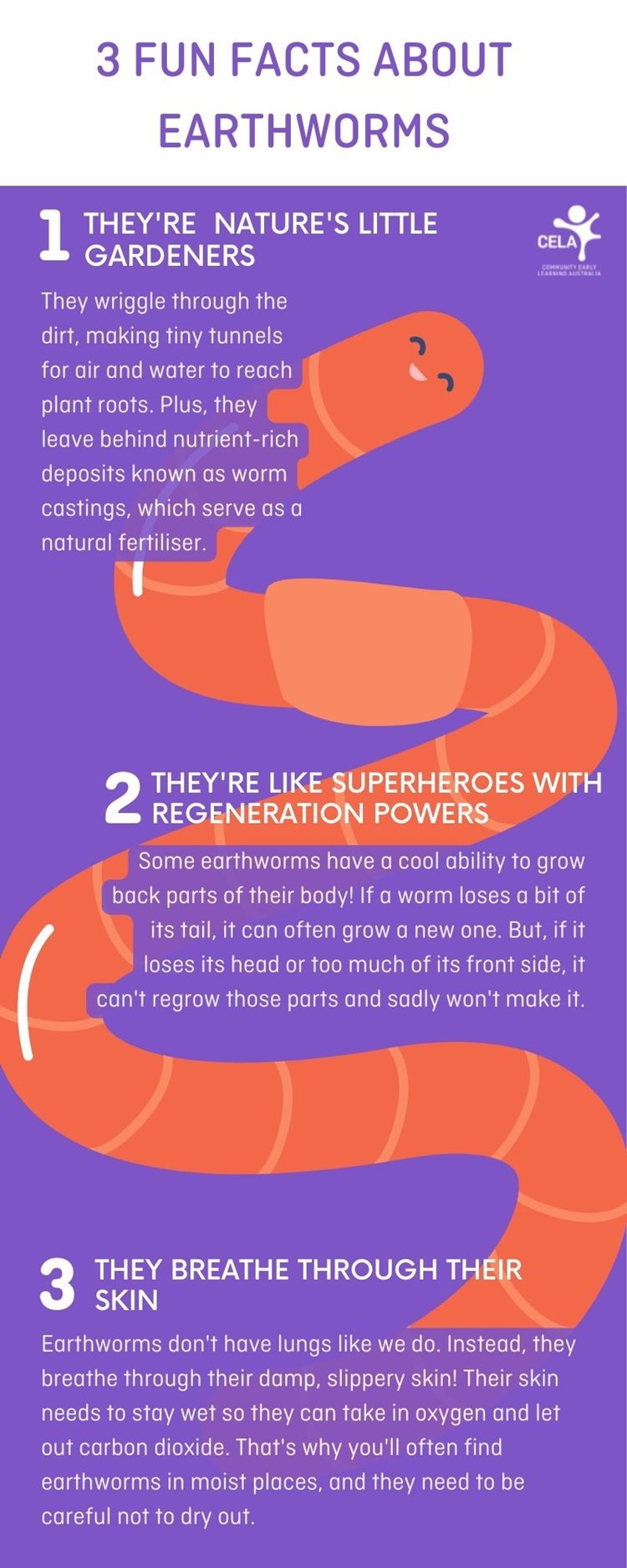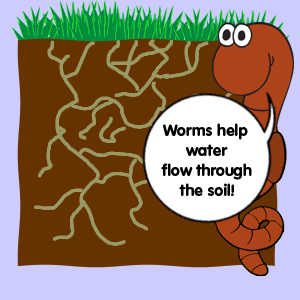North Carolina Worms Things To Know Before You Get This
North Carolina Worms Things To Know Before You Get This
Blog Article
The 10-Second Trick For North Carolina Worms
Table of ContentsRumored Buzz on North Carolina WormsThe Ultimate Guide To North Carolina WormsThe Greatest Guide To North Carolina WormsThe Best Guide To North Carolina Worms
Example: 1-gallon of worm castings to 4 gallons of potting mix. Do NOT use a potting mix that has chemical plant foods in it. Check out the labelit will certainly state. 1/2 mug in the bottom of the planting hole for smaller sized plants. 1 cup for bigger plants. ie. tomatoes, green peppers, summertime squash, and the like.
The enhancement of tea can also include boosted microbial biomass to your soil. You can constantly side-dress your plants with worm castings at any moment. Simply keep in mind, the microorganisms will certainly die if revealed to UV rays (Sunlight), so be sure to cover the spreadings with an inch approximately of dirt.
This frustrated them for years up until the screening techniques became much better. They found that plant development and health and wellness showed a Normal curve. It would obtain better(with more spreadings), level off, and afterwards decrease. They were dumbfounded. They finally found that excess plant-growth hormones were the perpetrator. A lot of worm spreadings would increase the growth to a speed that the plant can not recover from.
North Carolina Worms - Truths
I have stated the virtues of worm castings for about 2000 words. Worm castings are no different. It takes time to develop top quality worm spreadings.
Worm castings certainly set you back more than chemical fertilizers. Worm spreadings are on the more affordable end of organic plant foods. (50 gallons per year) It is a much tougher and extremely expensive financial investment to create large quantities of worm castings.

Producing a healthy dirt may be the best benefit of worm spreadings. We went over worm spreadings NPK and likewise the correct nutrient analysis that need to apply to worm spreadings.
4 Easy Facts About North Carolina Worms Described
We talked regarding some of the downsides connected with worm spreadings. I covered a whole lot of product in this write-up.
The vertical burrows are typically open, although the worms cap the leading with deposit and excrement. Roots require oxygen for their growth, whereas they produce carbon dioxide that requires to leave the dirt.
Earthworms boost porosity by two mechanisms: (1) by developing irreversible burrows, and (2) by enhancing soil aggregation. Gathering is enhanced by the mixing of dirt and raw material in the earthworms' guts. Where to buy worms in NC. These extremely secure aggregates are transferred by some earthworms in their burrows, and by others at the surface of the soil


In one more research, earthworms were approximated to consume 4 to 10 percent of the top 6 inches of the soil each year. This only mosts likely to show the huge amounts of soil that can be refined by earthworms. Dirt compaction lowers the porosity of the dirt. Due to the fact that earthworms enhance porosity, they minimize the results of compaction.
The Only Guide for North Carolina Worms
Common earthworm populations can conveniently eat 2 loads of dry matter per acre annually, partly digesting and mixing it with dirt. The relevance of earthworms to blend surface area deposit with soil becomes really clear in dirts that do not have any earthworms. A lot of our Pennsylvania dirts have at least some earthworms, and the result of their total absence, consequently, can not be kept in mind.
(http://www.usnetads.com/view/item-133362905-North-Carolina-Worms.html)In these dirts, the formation of topsoil with reasonable raw material content did not occur, leading to bad crop growth. When the cause was established, the government of the Netherlands started a campaign to introduce earthworms. After the introduction of the earthworms, a dark topsoil layer was formed, and plant development raised considerably.
They live primarily from partly decomposed raw material that is currently integrated in the soil. They eat their way through the dirt, developing straight burrows that they full of their excrement. These types ingest huge quantities of dirt that they mix with digested plant deposit in their digestive tracts. or anecic types live in permanent upright burrows that can be 5 or 6 feet deep.
These species ingest significant amounts of dirt that they mix with absorbed residue in their guts. Their waste matter is mainly transferred at the surface of the dirt.
Report this page